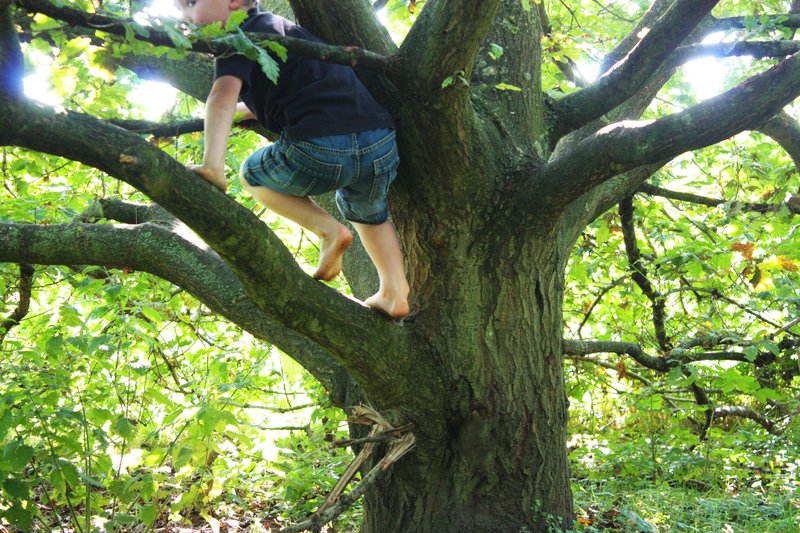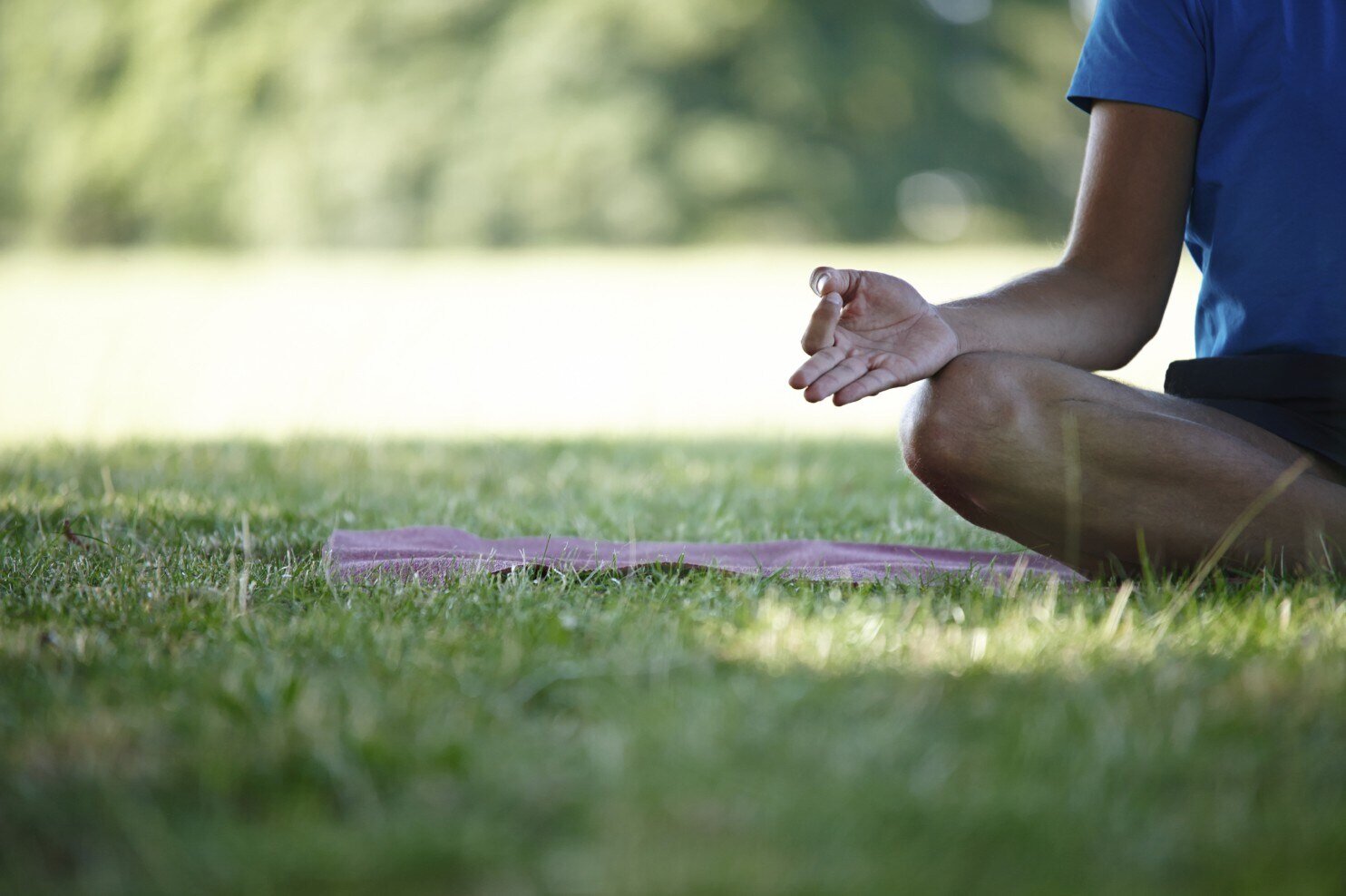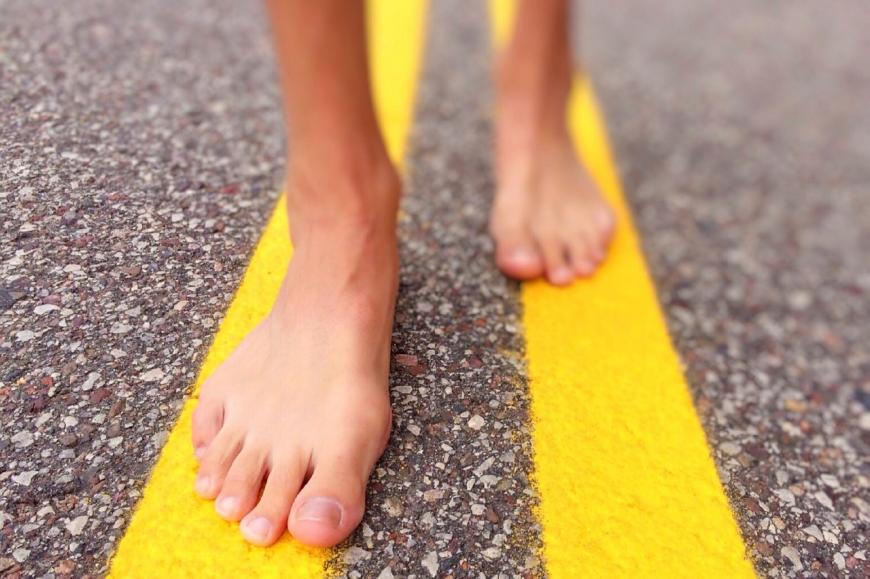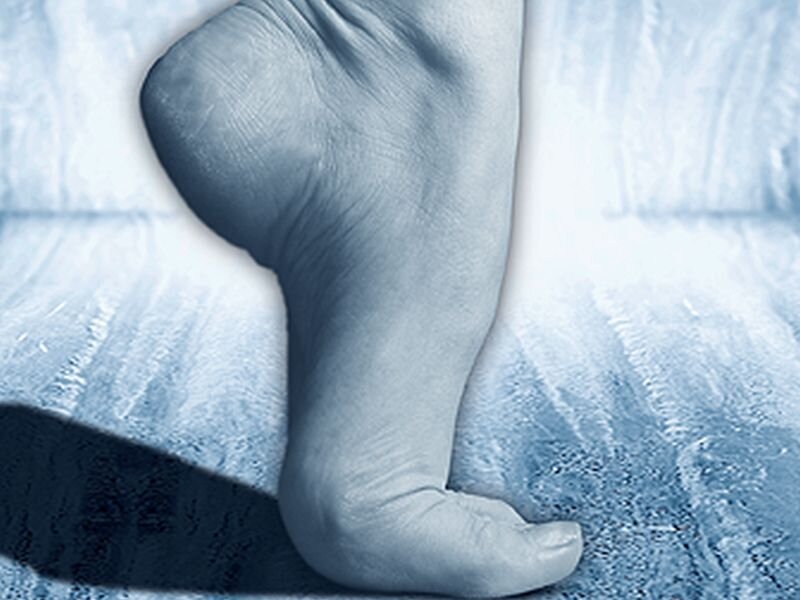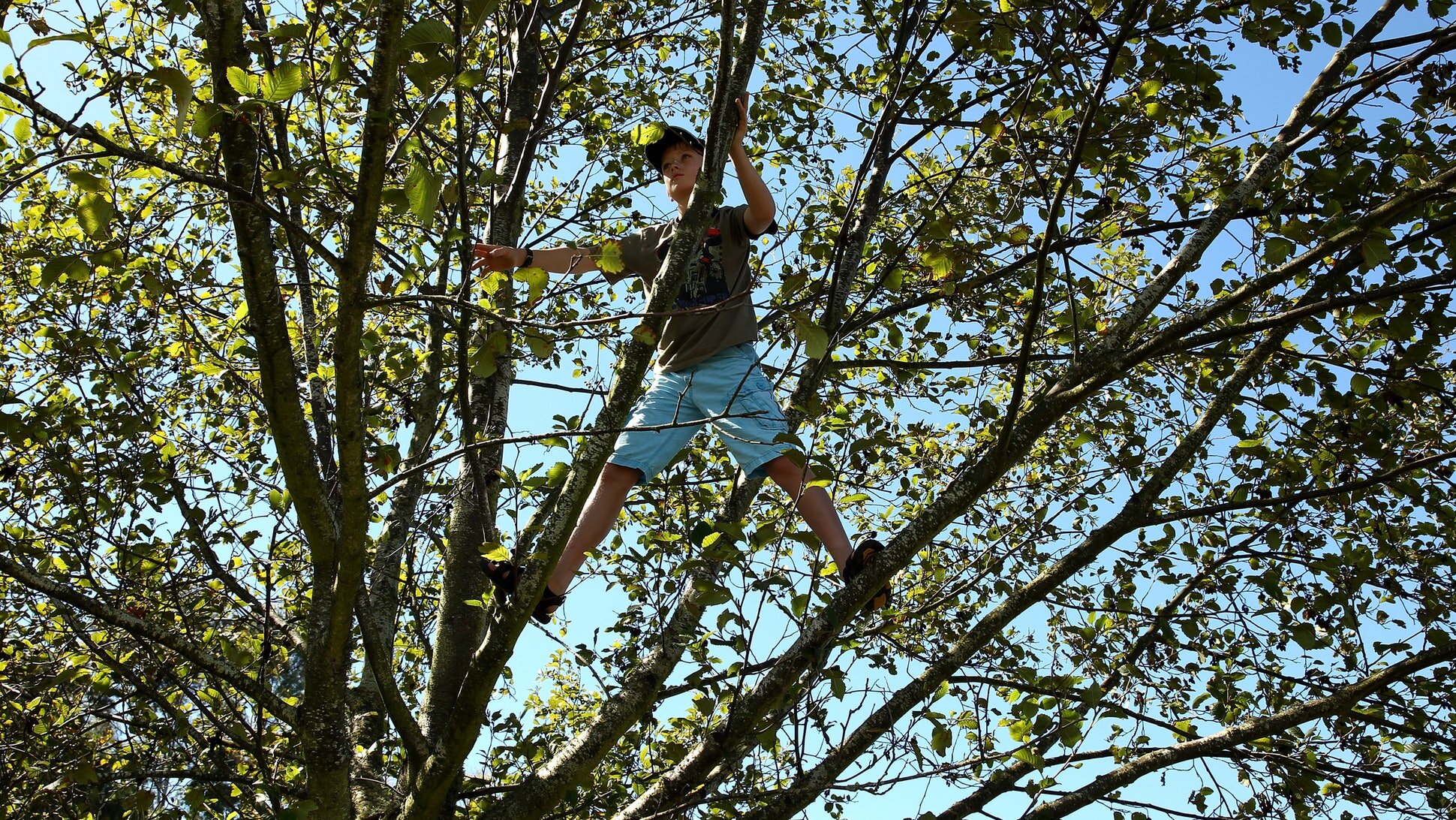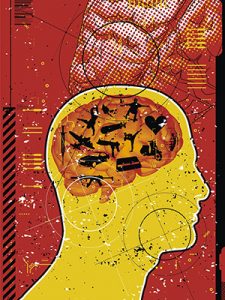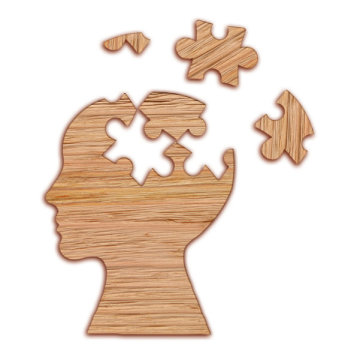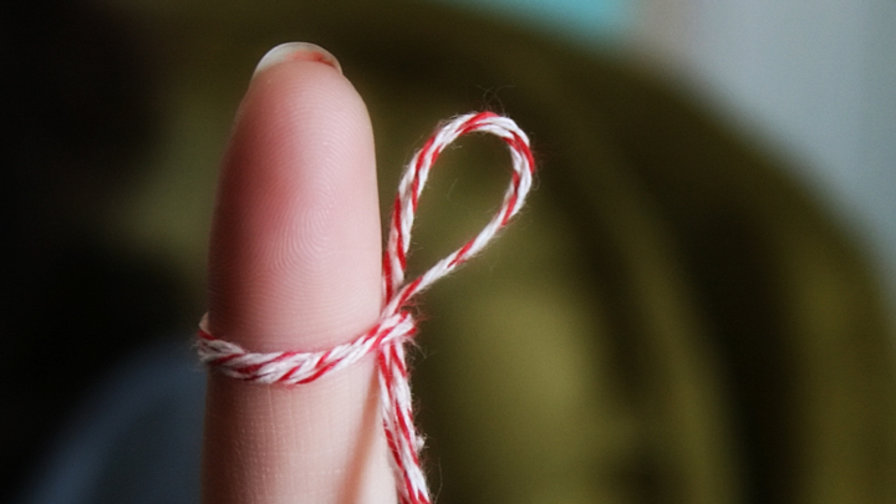In my research of over 3000 people, I found that optimism (reflected in statements like, “I usually expect the best”) can buffer against depressive symptoms.
Having a positive outlook, or seeing things as “glass half full” is an important first step in positive mental health.
Running barefoot is better than running with shoes for your working memory. In our research, participants ran both barefoot and shod (wearing shoes) at a comfortable, self-selected pace. Working memory was measured before and after running.
*Barefoot: Working memory improved after participants ran barefoot, but not with shoes.
*Time: Improvements after just 16 minutes of running
*Attention: Working memory improved when participants focused on targets on the ground when running.
Proprioception, the awareness of body positioning and orientation, can improve working memory. We gave participants a memory test, then asked them to spend a few hours doing a fun activity like climbing trees, walking across a balance beam, and climbing over and under obstacles. Memory improved by over 20%! Why? These proprioceptive movements encourage us to use our brain to strategize while we move.
Want to stick to your exercise goal? Focus on the emotion (positive and negative), not the mirror, according to my study with about 300 people. This shift is a powerful predictor of whether a person will continue an exercise program. Coaches can use this feedback to strengthen their client’s resolve and bridge the intention-behavior gap.




